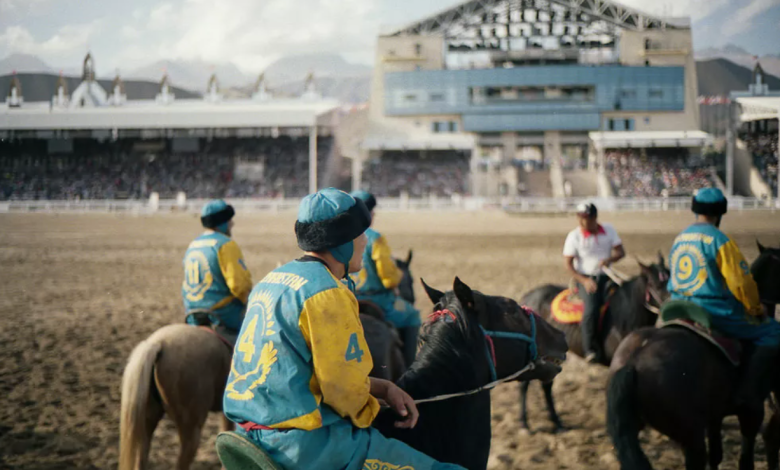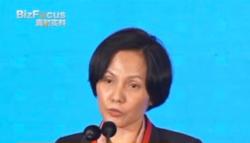World Nomad Games in Astana: Celebrating Tradition Through Sport and Culture

ASTANA — The Fifth World Nomad Games (WNG), a unique sporting event celebrating nomadic people’s cultural heritage and traditions, will commence in Astana on Sept 8. The games aim to preserve and popularize the traditional sports of nomads, attracting not only residents but also international spectators with exciting competitions and vibrant cultural events.

World Nomad Games 2018. Photo credit: whereandwander.com
Nail Nurov, head of the Directorate for the Preparation and Holding of the WNG, noted that this event is a unique opportunity to demonstrate the achievements of national sports.
“National sports are gaining popularity, as demonstrated by the rapid growth of the WNG. In recent years, the number of participating countries has significantly increased. However, there are few competitions where athletes specializing in national sports can compete under their own flag. Events like the World Championships, Asian and European Games, and the Olympics do not include ethnic national sports, which is unfair. The WNG aims to address this issue,” said Nurov.
History and significance of the WNG
The idea of creating nomad games originated in the Kyrgyz Republic, which eventually hosted three international tournaments. In 2014, the city of Cholpon-Ata hosted the competitions with 583 athletes from 19 countries in 10 sports, 1,200 athletes from 62 countries in 26 sports in 2016 and 2,000 athletes from 82 countries in 37 sports in 2018.
The events drew participants from the Commonwealth of Independent States (CIS) and the Middle East. The games are based on spectacular traditional sports typical of the nomadic peoples of Central Asia.
The Fourth World Games, initially scheduled for 2020, were postponed due to the pandemic and were hosted in İznik, Türkiye, in 2022, with over 3,000 athletes from 102 countries competing in 13 sports.
Following the competition in Türkiye, the organizers handed over a symbolic ceramic jug to Kazakh representatives, designating Kazakhstan as the host for the next WNG.
Astana will host the Fifth WNG under the motto Uly Dala Dubiri (Meeting in the Great Steppe). The choice of the dates is also not accidental, as September traditionally marks the transition from summer to winter for nomads, which is celebrated with rituals, games and competitions.
Identity of the games
The official logo for the WNG in Astana features the solar rider, a central element in all WNG logos. The logo uses dark red elements, symbolizing the simplicity and grace of the semiprecious carnelian stone, which represents vital energy, the heart and the sun. The logo’s text is stylized in the Turkic script of the 8th to 10th centuries.
Organizing Committee
The Kazakh government established an organizing committee to prepare and host the World Nomad Games. The committee includes heads of state-authorized bodies, national companies, enterprises, public organizations, and heads of akimats (city administrations) of regions and cities of national significance.
The Kazakh Ministry of Culture and Sports has established the Directorate for the Preparation and Holding of the WNG to carry out organizational work.
WNG program in Astana and preparations
The Fifth WNG program encompasses sports, cultural and scientific events.
The sports program features 21 types of traditional sports, including assyk atu, ordo, tug of war, baige, kokpar, horseback wrestling, tenge ilu, qazaq kuresi, ashyrtmaly aba gureshi, kurash, koresh, alysh, mas-wrestling, powerful nomad, a strongman competition, togyzkumalak (toguz korgool), mangala, oware, horseback archery, traditional archery, kusbegilik and kok boru.
The cultural program features the ethno-village Universe of Nomads. It will open the day before the WNG, adjacent to the Kazanat racetrack, covering approximately ten hectares. The opening will feature a theatrical performance titled “Astana is the Capital of Nomads,” attended by foreign guests and heads of international sports organizations. Daily cultural events will include exhibitions and fairs showcasing Kazakh craftsmanship and traditional Akyn competitions. The Universe of Nomads festival will also highlight modern cultural trends.
The WNG’s scientific program includes an international conference titled “Nomads: History, Knowledge, Lessons” from Sept.9 to 11. Participants will present abstracts and posters.
The prize money for the Fifth WNG is 253 million tenge (US$533,500). In team sports such as kokpar and kok-boru, the winning team will receive 10 million tenge (US$21,000), with 6 million tenge (US$12,600) for the second place, and 4 million tenge (US$8,500) for third place.
Kazakhstan will be represented by 200 athletes who practiced and participated in training camps, marathons, qualifying tournaments and competitions.
The opening ceremony is scheduled for Sept. 8 at the Astana Arena stadium. The games will be held on the territory of six metropolitan venues, including Astana Arena Stadium, Kazanat Racetrack, Palace of Martial Arts named after Zhaksylyk Ushkempirov, Alau Ice Palace, Qazaqstan Athletics Sports Complex and Duman Complex.
Eighty-nine countries confirmed participation. Over 2,500 athletes are expected to arrive.
Astana is preparing for the event, including road and sports facility repairs. A large-scale promotional campaign has been launched, featuring 100 new branded buses designed for the Fifth WNG. A horse parade was also held throughout the city. The Qazaqstan athletics complex hosted a presentation for foreign journalists, bloggers, and influencers.





